Chief Relationship Officer Sarah Bull Brings A Personal Touch To Business
Empowering People To Shine While Fostering Ties With Clients
For Sarah Bull, people are at the heart and soul of any business, and engaging with them effectively and empathically is her secret to success.
The Saitama-based Australian is chief relationship officer (and director of legal services) at Translation Business Systems Japan (TBSJ), a role that encompasses the management and care of the company’s internal and external relationships.
With team members in all major time zones and a growing client portfolio, she has key responsibilities and says that empowering people to shine while fostering ties with clients, collaborators and the wider business community is what every company should aspire to do.
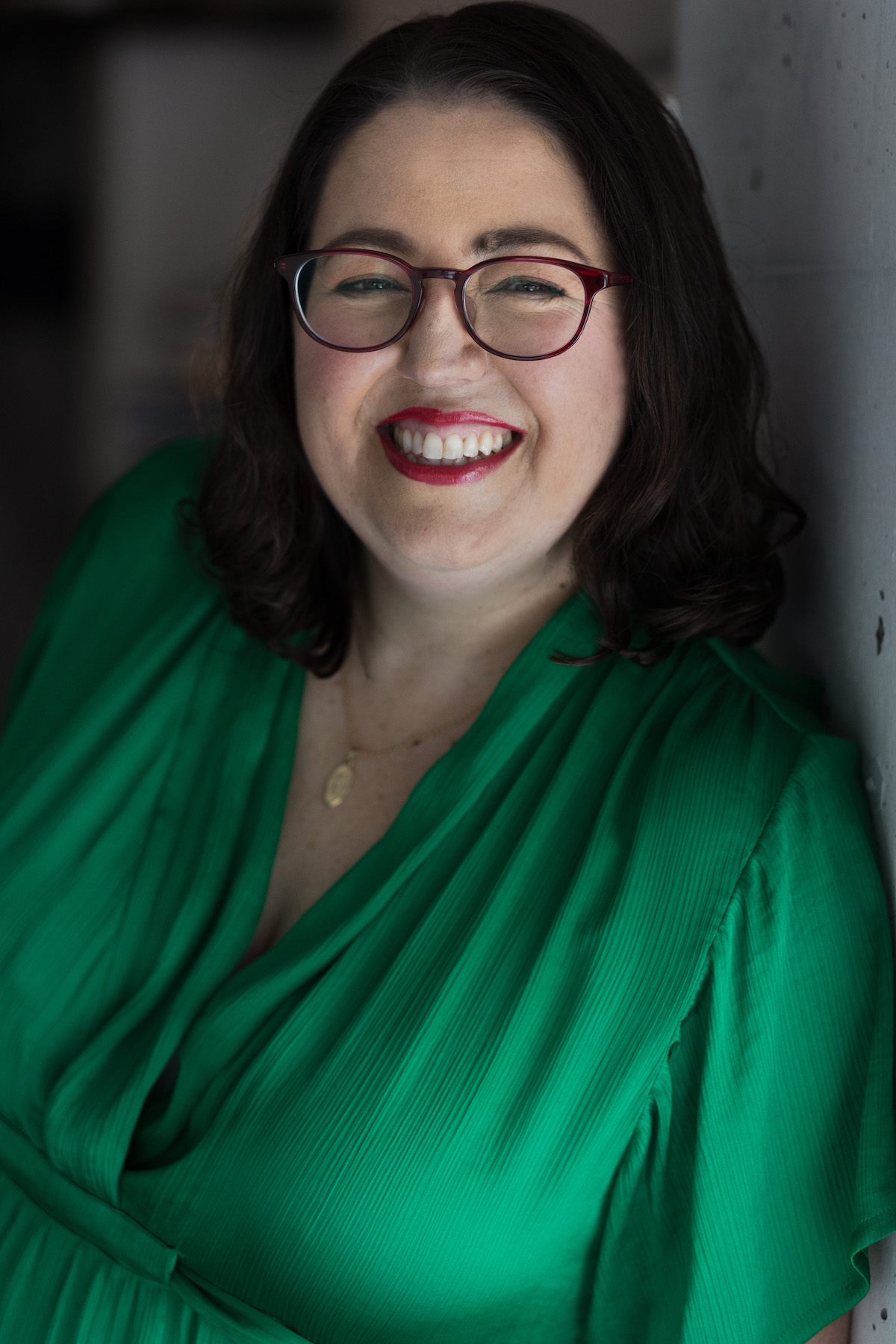
Savvy Tokyo spoke to her to find out what her role involves and why it’s so important.
All photos © Tia Haygood, TopTia Photography.
How did you become a chief relationship officer?
I’d been working as a freelance translator and editor with TBSJ since almost its beginning (2010). In 2018, I had a bit of an epiphany that I was more extroverted than my lifestyle, which involved a lot of sitting at home on my computer. Alongside that were other influences—I’d been having professional coaching and my daughter was getting older—so I thought I could do more. By that time, I was also an advisor for TBSJ and had equity in the business so I asked the board if I could go to events for the company. They agreed.
The idea was for me to raise awareness of TBSJ by connecting with people, which I really enjoyed. Then the opportunity came up to join the board. I became involved with management and helped grow the business via industry events and client meetings. After six months or so, the person in charge of HR left and it became clear that I was the logical person to take over. I had so many roles, which all felt like a good fit, but it was tricky to cover everything with a title. The common thread was relationships—for networking, business development and HR/recruitment—hence the title.
What’s a typical day?
Right now I’m focused on internal relationships because TBSJ is growing and we’re only going to a few online events. It’ll be interesting to see how the role changes once we return to having in-person networking, meetings and events. Perhaps I’ll also be focusing on other things such as client acquisition once that happens.
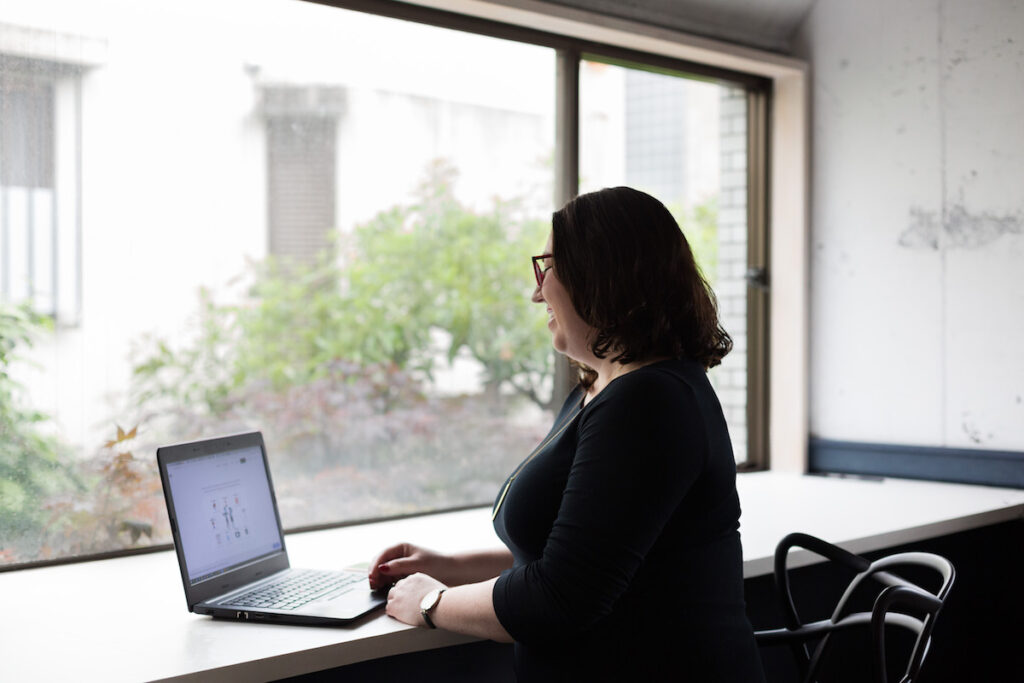 That being said, the role is still evolving every day. I’ve figured out largely what I want it to look like. I think there will also be different needs at different times.
That being said, the role is still evolving every day. I’ve figured out largely what I want it to look like. I think there will also be different needs at different times.
What do you draw on for your roles?
Steve Jobs said: ‘You can’t connect the dots looking forward; you can only connect them looking backward.’ Certainly, I don’t think anyone would have predicted this career path for me. I’ve been in legal translation in Japan since 2007, in-house for the first four years as a legal translator at one of the largest law firms in Japan. Before that I was in Australia doing my master’s in Japanese interpretation and translation. That’s where I draw from for expertise and experience on the legal translation side.
You can’t connect the dots looking forward; you can only connect them looking backward.
When I think back on the work I’ve done before that—in hotels and teaching English—it’s a bit of a mixed bag. But in all those roles, I wanted to have a say in how things were run and it wasn’t really possible. That’s one of the things I like most about my current role; I’m one of those people who gets to actually implement ideas for the company.
I’ve always read a lot of business books, even though it didn’t really make sense for me to be doing that so much when I was a freelance translator. I think I just always had that interest. And I’m a great believer in personal development. I read lots about it and am in my fifth year of working with a coach. The skills I’ve learned from working with a coach definitely come into play in my role. One of the main things I do is listen to people. Sometimes I have full-on and honest—what I like to call brave—conversations. It involves giving people space to open up and tell you what they need and want. Then I see what we can make happen. I don’t think I would be very good at that if it hadn’t have been for the coaching.
What advice would you give someone who aspires to be a chief relationship officer?
I think the role might look different in other companies. For me, a big part of it is engaging with people effectively, so whatever you can do to up your conversation skills, listening skills and problem-solving skills is good. I’m a massive fan of the concept of radical candor. In every conversation, I’m aiming for radical candor. It means demonstrating that you care personally about the person you are talking with and challenging them directly. You have to be very clear and kind. It’s simple but not always easy. I think those kinds of interpersonal skills are key for both internal and external relationships.
What challenges have you faced in the role?
Recently, our main focus has been recruitment. It’s always challenging to find the right people and put them in a role. I guess it’s not hard if you move people like chess pieces but I think people will leave before too long if you treat them like that. If you’re trying to maximize people’s potential and keep them happy in their job while at the same time finding a good fit and addressing company needs, balancing the various priorities is challenging.
What rewards have you experienced in the role?
There are lots! We have such a great team and it’s really rewarding to see them happy to recommend us to their contacts or share their gratitude. I’ve also been able to help staff make strategic moves within the company to boost their quality of life or to maximize their potential, which has been extremely satisfying.
How has the pandemic affected your role?
TBSJ has always been a distributed company so we didn’t have to make any adjustments to work protocols. The CEO and I have been most affected as we were the ones traveling to Tokyo regularly to meet people or attend events.
Our business has thankfully gotten stronger during the Covid period. But I did have to onboard one member of staff in the Netherlands as he hasn’t been able to come to Japan. That’s not ideal, but the way we’re set up, it’s not a problem.
How have you supported the staff at this time?
We’ve checked in a lot more. We have staff all over the world and a lot of them juggle personal responsibilities and work. For some, this process became more stressful with the implementation of stay-at-home requests and so on. In the early days of the pandemic, when everything felt more uncertain, we did a lot of online meetings, asking everyone to join if they could. It’s important as we can’t just have a quick coffee with someone—we have to be very deliberate about communication, to see how people are doing and ensure they feel comfortable to share things with us.
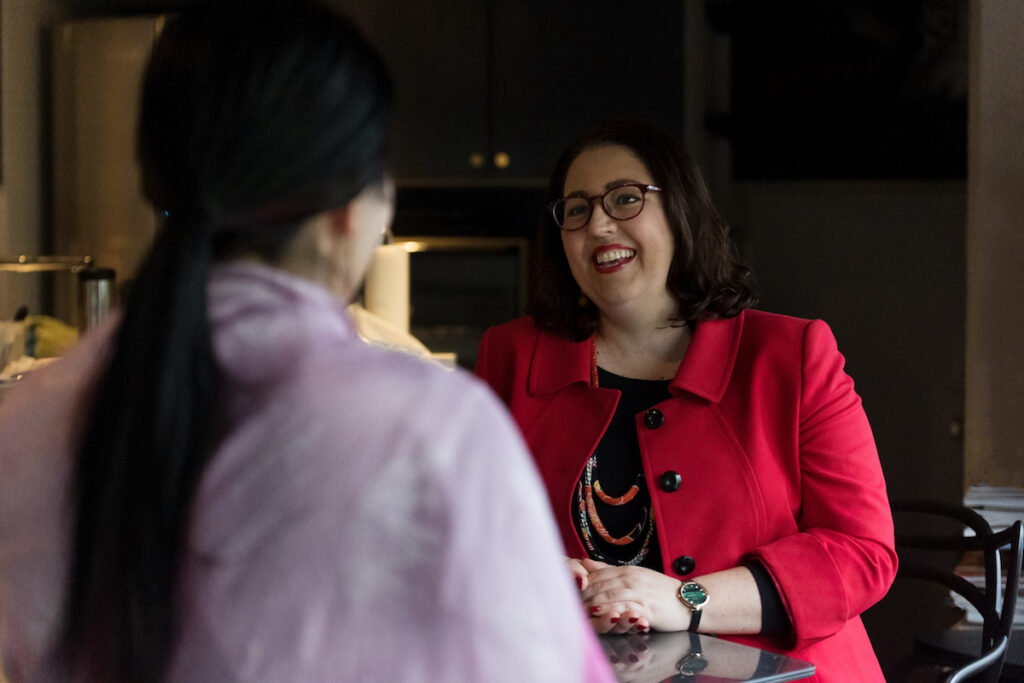
We realize the coronavirus has had an impact on people. I try to be a bit more open with staff and share my situation. I think myself and other board members have a responsibility to model that stuff as we don’t have anything at risk. It shows people that they can feel comfortable sharing that kind of thing if they want to; they don’t have to hide it.
With such a busy role, how do you manage your time?
My schedule is very unpredictable so I don’t pack it very full. A lot of people in my situation wouldn’t send their kid to after-school care as my daughter is 11. But I choose to put that extra support in place as it gives me up to 12 hours of uninterrupted work time. I don’t feel guilty at all because it’s good for her social development. Quite often I’ll pick her up and she’ll be reluctant to leave.
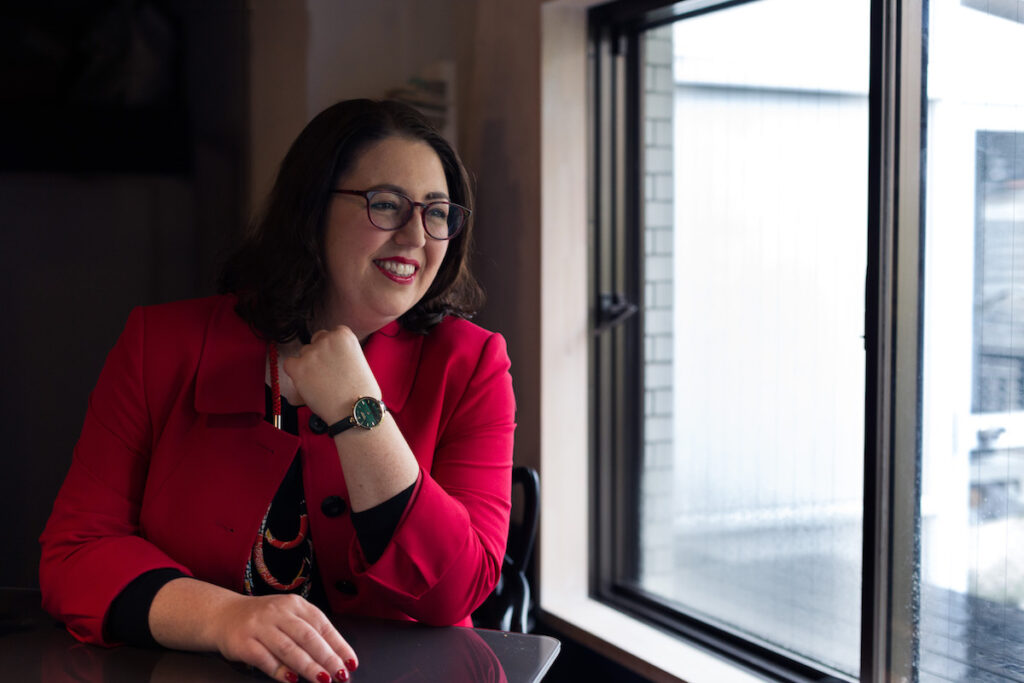
I also try to add as much ease to my life as possible. I don’t hold myself to very high standards when it comes to meals, housekeeping and so on. There’s a lot of letting go and not putting unrealistic expectations or pressure on myself.
What’s your secret to work-life balance?
I feel like it’s always in waves; sometimes I’m better at it than at other times. I try to get outside, go for walks and get enough sleep. There’s nothing definitive such as always taking weekends off. When there’s an opportunity, I take downtime, as the work is unpredictable. I think my work-life balance is a work in progress. I’ve got support structures in there, too, such as belonging to online groups that provide support, social interaction and a sounding board.
What do you do for fun?
Lots of long walks, preferably listening to podcasts or books. I read a lot and spend time on personal development, such as podcasts, calls and activities. And I get to the beach when I can, which is reasonably often for someone who lives in Saitama.
Savvy Spotlight is a monthly feature introducing foreign and Japanese women at the frontline of what’s successful, contributing, cool, unique and interesting in the city. If you have anyone in mind you would like us to interview, leave us a comment below with your recommendations!














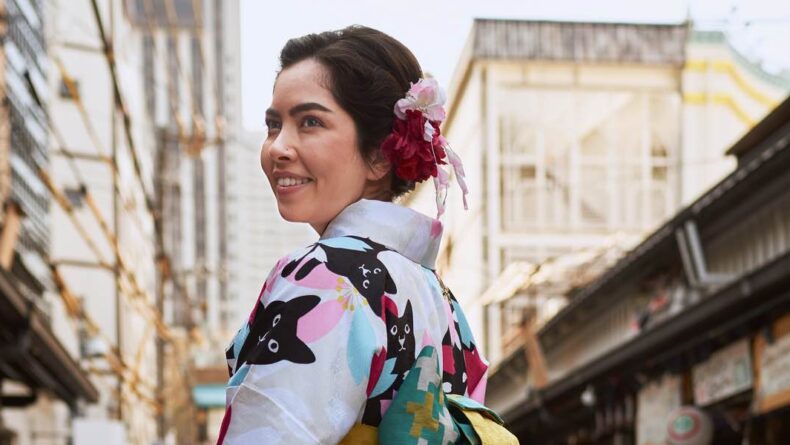
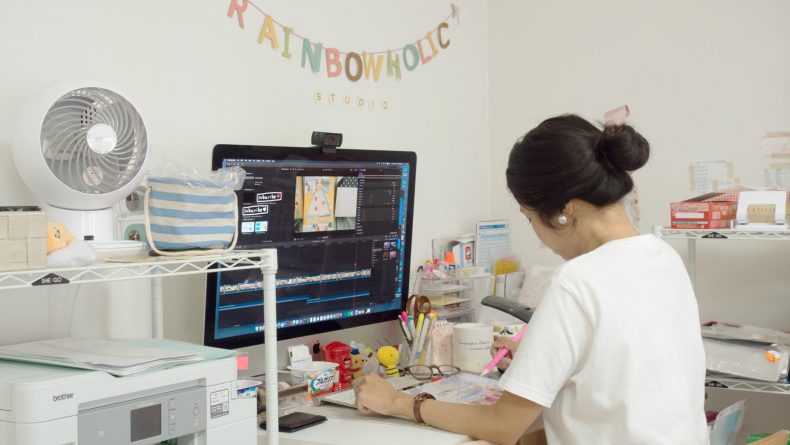
Leave a Reply